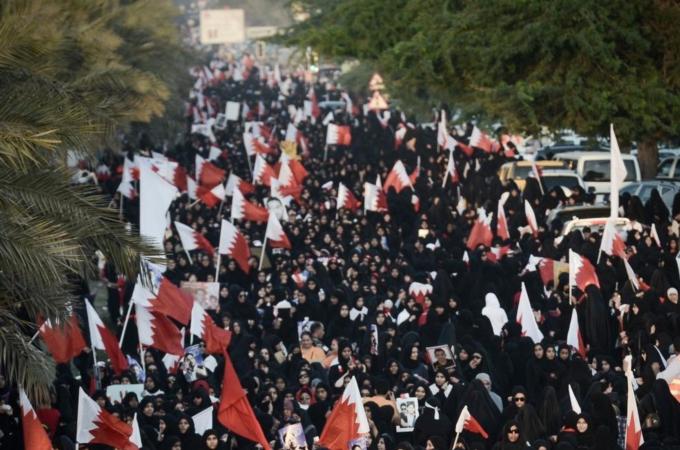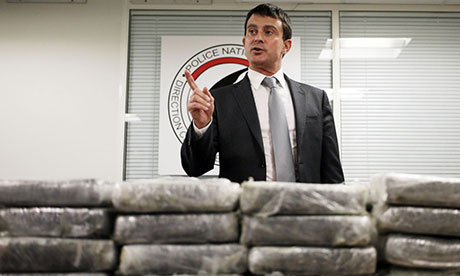By Brandon Cottrell
Impunity Watch Reporter, North America
WASHINGTON, D.C., United States – Over the weekend, the Revolutionary Armed Forces of Colombia (the “FARC”) invited the Rev. Jesse Jackson to negotiate for the release of Kevin Scott Sutay, a former U.S. solider, who was captured by the FARC three months ago. Colombian President Juan Manuel Santos, however, does not want Jackson involved. Despite that, Jackson intends to travel to Colombia this week to negotiate a cease-fire so that Sutay can be picked up from the FARC’s custody.
The FARC, a guerilla army comprised of 8,000 armed fighters and funded through drug trafficking and extortion, has been fighting against the Colombian government since the 1960’s. While the FARC has repeatedly called for peace with the government, Santos has refused to stop the fighting. Jackson, meanwhile, has said that “a lengthy pause in the fighting is not necessary for . . . to bring Kevin out” and hopes a one day cease-fire can be negotiated.
Sutay was captured in June as he hiked through the Colombian jungle, supposedly on his way to Brazil. According to Jackson, the FARC “thought he was a terrorist or a spy” because he was in military attire and was carrying surveillance equipment. After the FARC found out Sutay was not a terrorist or spy, they told Sutay he was free to leave. However, due to the fighting in Colombia, there has not been a safe way to get Sutay out and he remains in custody.
Santos, meanwhile, does not want Jackson or any other public figure involved in the release of Sutay, stating, “We will not allow a media spectacle.” Santos has, however, authorized the International Red Cross to facilitate Sutay’s release. The Red Cross does not want to get involved right now and issued a statement that said it would facilitate the release “only once all sides agree on the details.”
The FARC has in the past, unilaterally freed more than a dozen prisoners of war as a goodwill gesture and in the hope that it will rally public support for its cause, which is social justice. In a statement, the FARC hopes “instead of unjustly prolonging Scott’s stay in the jungle,” Santos will start planning for Sutay’s release.
The conflict between the FARC and the government has killed over 200,000 people and displaced millions of innocent victims from their homes, though a resolution is in the works as both sides have engaged in peace talks in the past year.
For more information, please see:
BBC – Jesse Jackson Continues FARC Mission Despite Colombia Refusal – 29 September 2013
CBS News – Jesse Jackson To Mediate For U.S. Captive In Colombia – 28 September 2013
USA Today – Jesse Jackson Hopeful FARC Will Free Captive Soldier – 29 September 2013
Wall Street Journal – Colombia’s Santos Won’t Authorize Jesse Jackson Role in Kidnap Case – 29 September 2013



